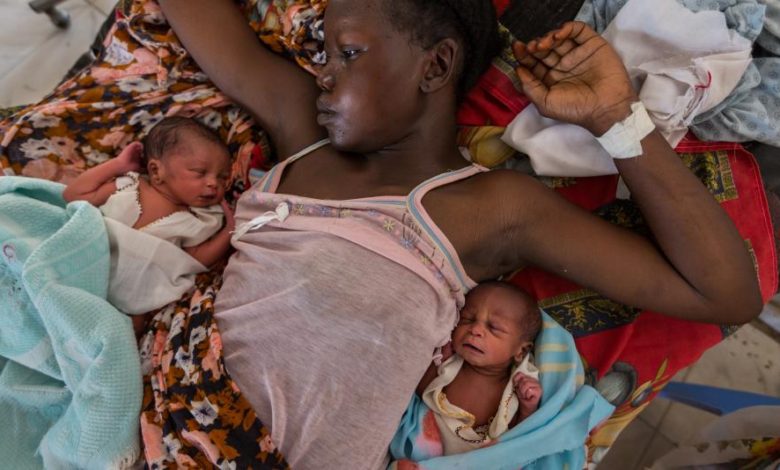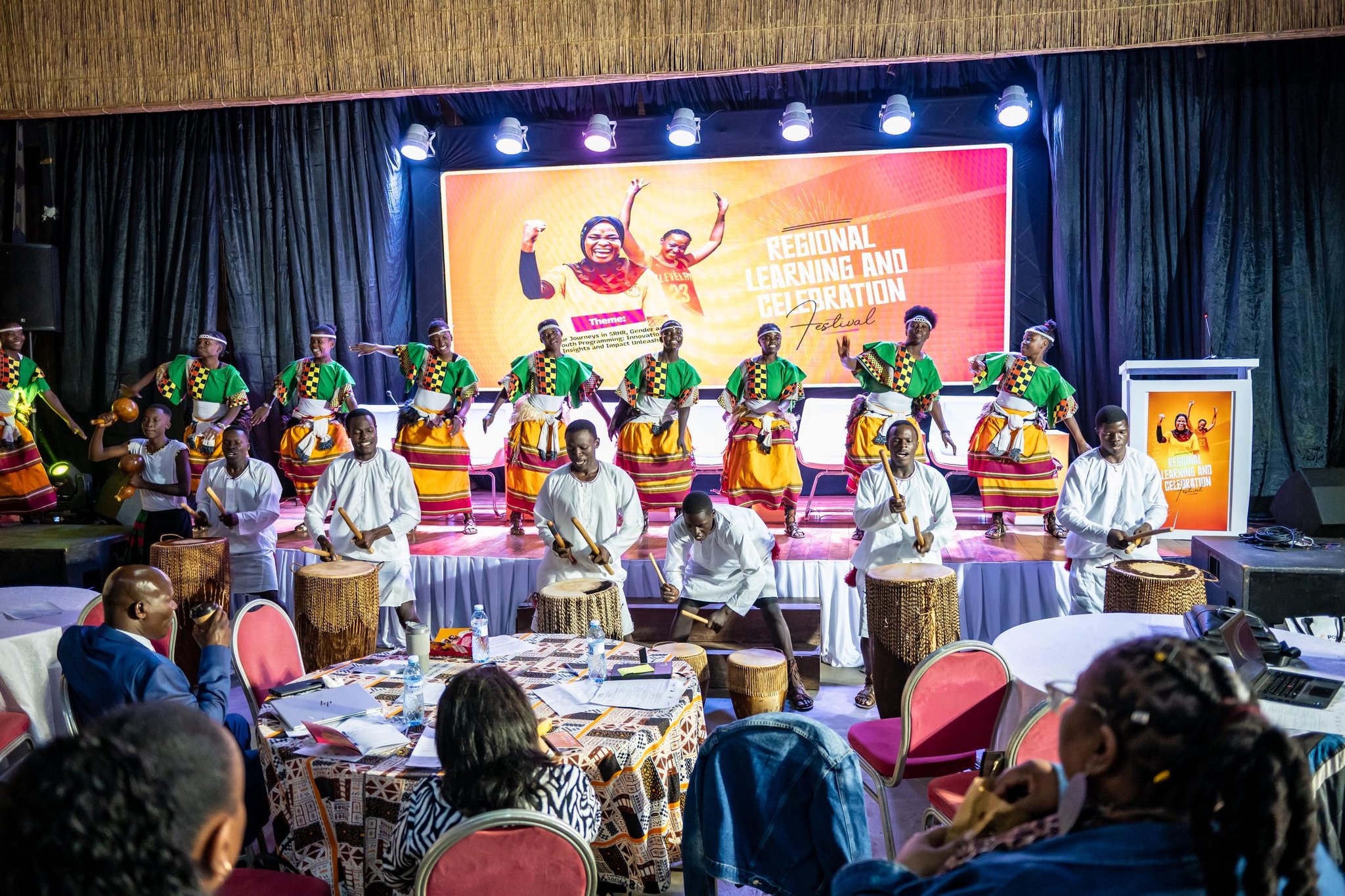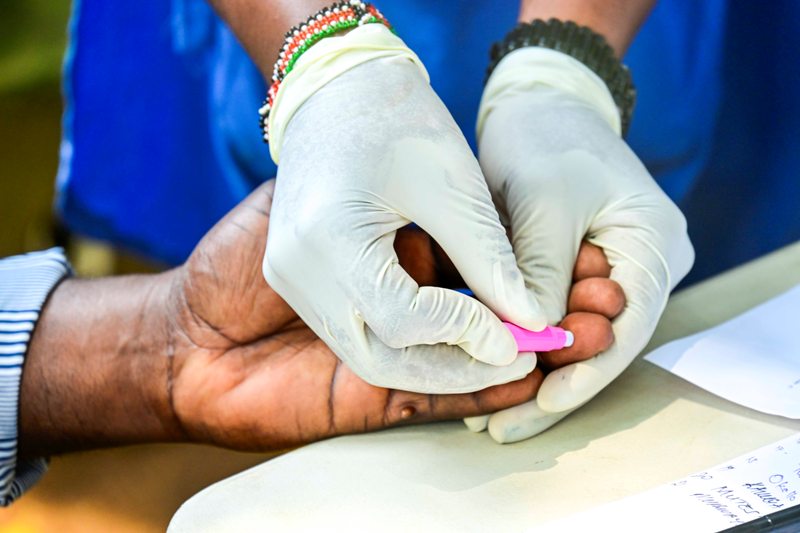UN Warns Teen Pregnancy Costing Economic Progress In Uganda
Presiding over the population day commemoration, Ugandan Prime Minister Robinah Nabbanja urged the public to take advantage of the existing government programs to create wealth instead of marrying off young girls for bride price.

Child marriages and teenage pregnancies are costing Uganda’s social economic progress and not conducive to the country’s wealth creation and prosperity, the United Nations Population Fund (UNFPA) Uganda Country Representative Mary Otieno said Monday.
As the world commemorated World Population Day on Monday, experts and agencies gathered in the eastern Ugandan district of Kumi to assess the population challenges the country faces.
“Teenage pregnancy is a major health, social and economic issue that has affected many young people, their families, communities and countries globally,” Otieno said during the event, adding that early childbearing has potential to disrupt their development into adulthood.
“It impacts negatively their education aspirations, livelihoods, health and future social economic productivity. The households and communities are compelled to shoulder an extra burden in supporting the young mother and her child but also lose the dividends due to early motherhood intersected with childhood,” she said.
UNFPA figures show that in Uganda, by the age of 21, many young people, especially in rural areas, have had at least three children and lack the means to postpone or delay or stop any unintended or unwanted pregnancy.
Presiding over the population day commemoration, Ugandan Prime Minister Robinah Nabbanja urged the public to take advantage of the existing government programs to create wealth instead of marrying off young girls for bride price.
“Government does not support the practice of marrying off young girls who are supposed to be in school,” Nabbanja said.
The commemoration was held under the theme “Mindset change for wealth creation: Ending child marriage and teenage pregnancy.”







